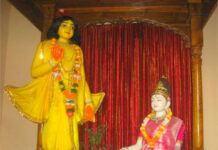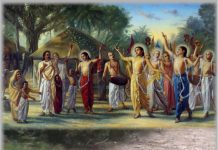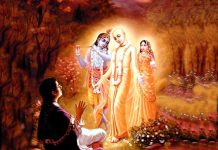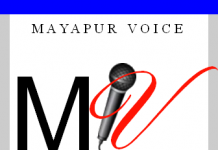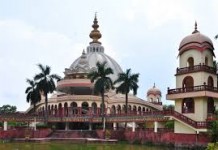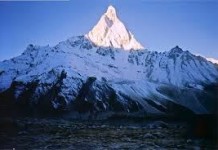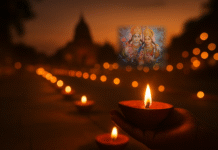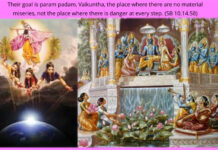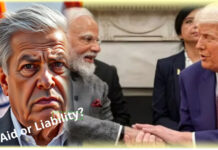The following article raises a question: a question that needs to be answered by all those who believe themselves to be Hindus. Give it a hearing and let us know what you think.
An American Hindu in the 21st Century|Chris Fici
Yoga, meditation, karma — these are concepts which have entered American consciousness and life in many diverse ways, but what do they really mean and where do they actually come from? How does the rich spiritual culture of Hinduism inform the identity, ministry, and calling of those involved in Hindu practices? More problematically, how do we deal with the horrific history and reality of caste discrimination of Dalit and other “untouchable” peoples, which echoes the leaking sore of slavery and racial discrimination marring the social body of America?
How do we deal with a rise in Hindu fundamentalist arrogance that comes hand-in-hand with an increasing devotion to neoliberal principles — the same principles destroying indigenous wisdom and planetary integrity across the Indian subcontinent? This fundamentalist arrogance is the dark secret behind the romance of India’s willful self-assertion upon the global scene, a willful self-assertion that claims to be the legacy of Gandhi’s movement.
The global Hindu community, while inextricably rooted in the peoples and soil of India and their diaspora, can’t be superficially contained or constrained by boundary or ideology, or any kind of classification of race, gender, sexuality, or caste. Since the 1950s and 1960s, the seeds of Hindu culture, spirituality, and experience originally planted by the likes of Emerson and Thoreau have blossomed in the Western world, cultivated further by the bravery and determination of the potpourri of different Indian Hindu gurus who understood the potential of the moment at hand by extending their personal presence, mission, and vision into the Western world.
It is no longer unusual to meet a person raised in Western/Judeo-Christian culture who now identifies as a Hindu. I am one of these people, a Midwestern boy raised Catholic — now “lapsed” Catholic — who identifies as a Hindu in the Caitanya Gaudiya Vaisnava tradition.
I have danced in Sri-Mayapur-dhama in West Bengal, helping to fulfill the prophecy of the great Gaudiya Vaisnava saint and scholar Srila Bhaktivinoda Thakur, resonating with hundreds and thousands of others like me and unlike me the holy names of the Divine: Jaya Sacinandana! Gaura-Hari! I have been openly embraced by the most loving, just, and ecumenical peoples, teachings and vibrations of Hinduism — and I have embraced all of this back. But in this warm embrace I am beginning to understand that my idiosyncratic spiritual identification comes with a distinct and intense responsibility and obligation to respond with great compassion, courage and conviction to the presence of religious fundamentalism, the presence of bodily and social oppression, and the lack of concern for the health and well-being of the Earth herself which exists within my own Gaudiya Vaisnava community and within the larger Hindu community itself.
I find myself, as a budding theologian-scholar-practitioner, undergoing a kind of epistemological crisis. Hindu scholar Jeffrey D. Long, in his study A Vision For Hinduism: Beyond Hindu Nationalism, describes this as “a crisis which occurs when a tradition has to cope with new ideas and circumstances that call one or more of its constitutive claims into question.” Certainly my microcosmic experience of this crisis reflects the macrocosmic experience of the strange in-between space Hinduism finds itself in the 21st Century. The contemporary Hindu person and their community find themselves in between the home-spaces of tradition and the highways of the post-modern. We find ourselves in-between expectations of the dress, taste, and politics of our ancestors and the compulsions of a turbo-capitalist world that expects us to worship at the altar of consumption. We find ourselves between a past carved in eternal stone that gives us a fixed and perfect vision of reality and a future full of the anarchic uncertainty of a planet in the throes of climate change.


